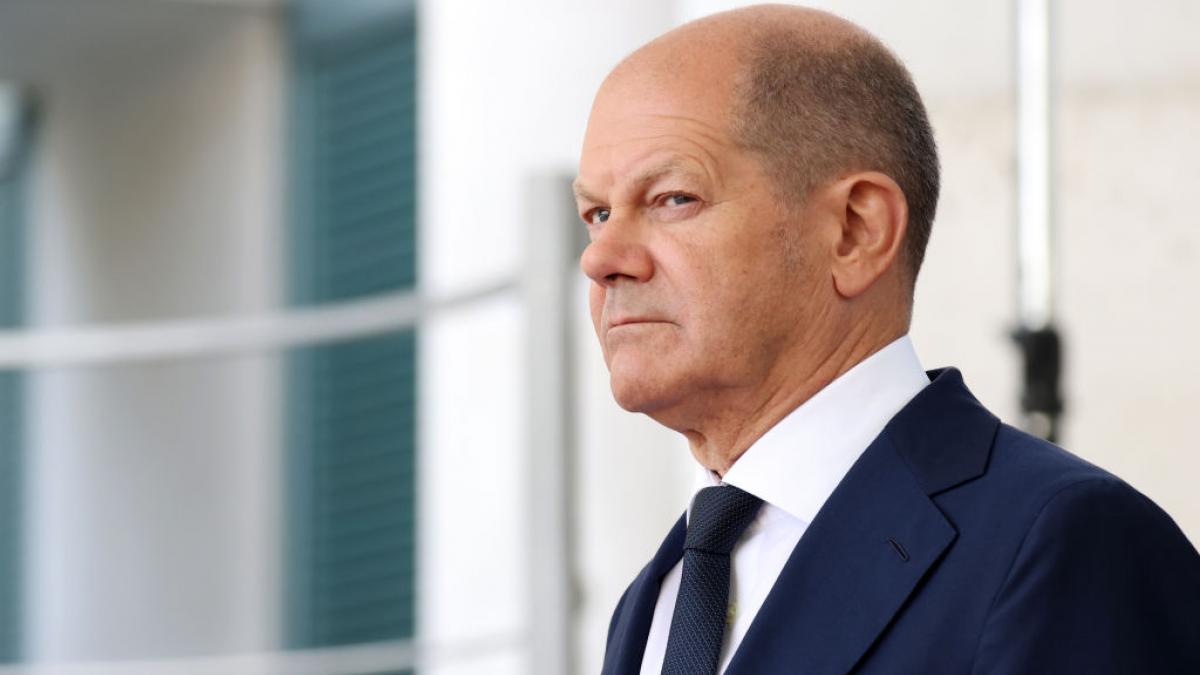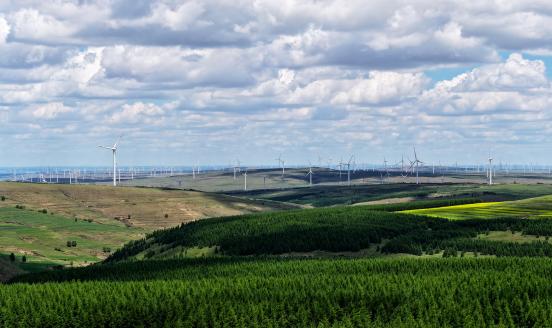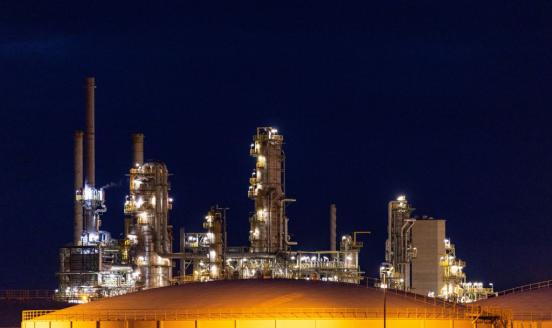Germany’s gas-price ‘defence shield’: problems and redeeming features
The €200 billion “defence shield” risks undermining European solidarity. This could be avoided by designing it well.

On 29 September, Germany announced a €200 billion “economic defence shield”, or set of measures to tackle rising gas prices. Three things are new about the package.
First, it involves a much larger fiscal commitment than previously (a German package announced on 7 September amounted to €65 billion, mostly financed through levies, not new borrowing).
Second, a new support measure, named the ‘gas price brake’, is intended to reduce average gas prices. This was mentioned in the previous package, but details are now to be fast-tracked, by end-October. According to preliminary estimates, the measure would cost between €15-€24 billion if applied to private households only.
Third, a plan to introduce a levy on all gas consumption of €0.027 per kilowatt hour as of 1 October has been scrapped as “no longer needed”, in the words of Chancellor Olaf Scholz. Support for struggling importers that lost contracts with Gazprom will instead come from the new fund.
Germany’s approach brings with it problems. First, there is a lack of European coordination. German finance minister Christian Lindner said “Germany is using its economic firepower in this energy war”. However, Europe is fighting the energy war together; ensuring unity is maintained is of paramount importance to defeat Putin’s energy blackmail. Germany appears to be flexing its fiscal muscles to subsidise gas consumption in Germany, driving up prices and hurting its neighbours. This is upsetting other European countries that have long pushed for a European solution to the problem of skyrocketing gas prices. From a European perspective, the timing of the announcement, a day before an important meeting of EU energy ministers tasked with agreeing on European emergency interventions in energy markets, was particularly unfortunate.
Second, the package would circumvent German fiscal rules. The German debt brake is currently suspended, but the government has committed to applying it next year. Since it will be impossible to finance the new support package within the debt brake’s federal deficit limit of 0.35% of GDP, next year’s deficit will in effect need to be financed through large-scale borrowing today (something the German constitution allows in emergencies) – creative accounting of the sort typically avoided by Germany.
Redeeming features
But there are two elements that offset the potential negative impact. First, the gas price brake is very unlikely to take the form of a generalised price cap. While the details are still unclear, it is meant to be analogous to the current electricity price brake, which subsidises electricity units only up to a maximum consumption level, calculated as the consumption of a frugal household. Beyond this, high prices apply. If the gas price brake is designed in the same way, it could incentivise gas savings, rather than additional consumption. This seems to be the intention – the German government’s announcement referred many times to the need to save gas. In that case, the measure would be fully aligned with the EU emergency measures agreed by the EU energy ministers on 30 September.
Second, the €200 billion is likely much higher than the support measures the package is meant to finance, for two reasons. First, the €200 billion partly replaces a previously announced €34 billion gas levy. Second, part of the €200 billion is only precautionary: it is meant to pay for potential future needs that are not yet specified. These would normally have been covered simply by borrowing next year. But the government has promised not to do that (in the form of a commitment to reinstate the debt brake). As a result it needs to borrow now.
To conclude, the package certainly sends the wrong signal: Germany using its fiscal power in a way that could hurt other European countries. But it does not entail immediate spending of €200 billion to shield German families and businesses from higher energy prices. Rather a bazooka has been created in response to a German oddity: the decision to effectively suspend new net borrowing next year. Depending on how the gas brake is designed, German gas consumption may not actually go up, but may even go down.
The main risk is that the package will disrupt the European level playing field. In the absence of a common fiscal response, governments with more fiscal space inevitably do better in managing crises. If this is done in a way that has positive spillovers onto other EU countries, it may be acceptable. But if the German gas price brake gives German business a much better chance to survive the crisis than, say, Italian business, economic divergences in the EU could be deepened, and European unity on Russia undermined.



